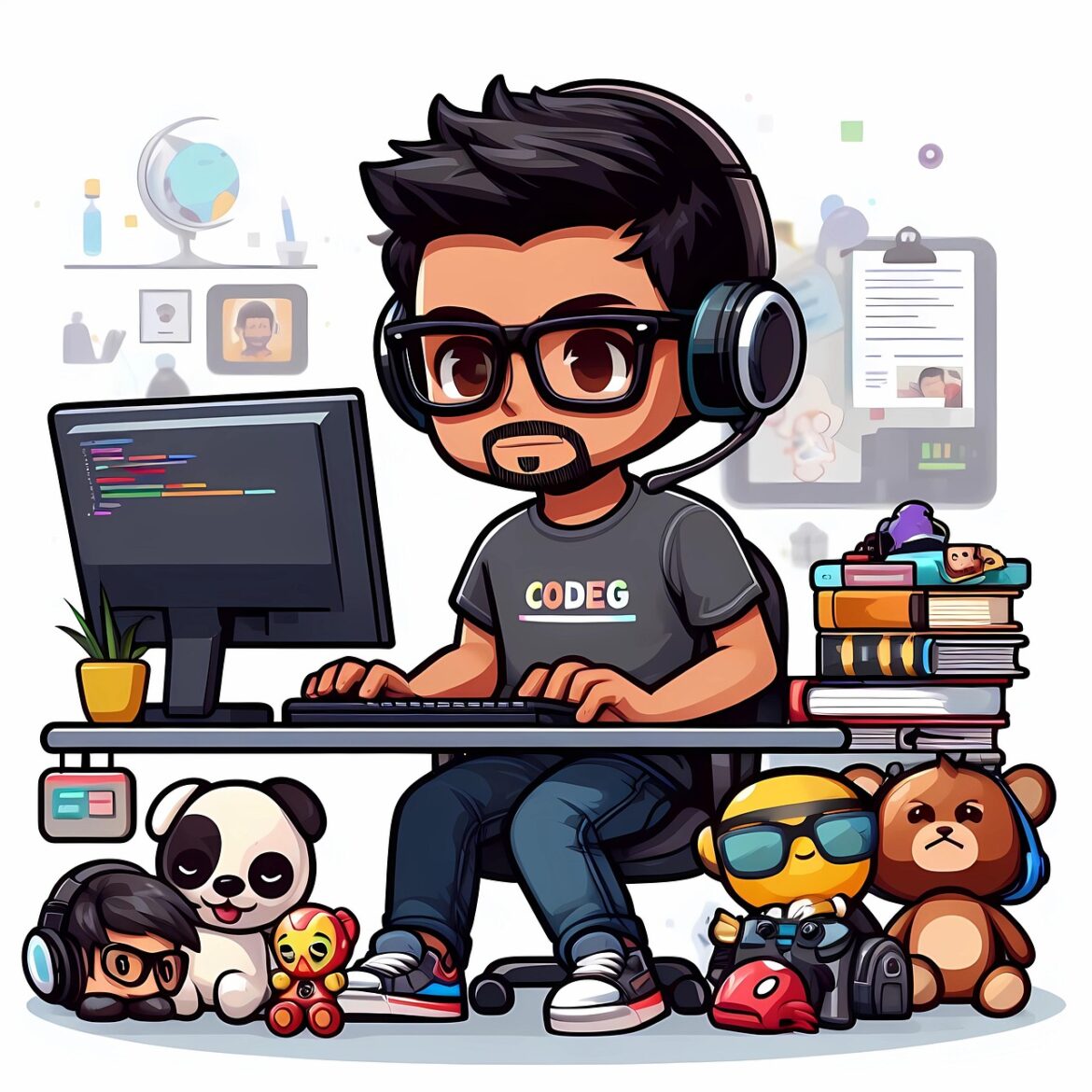Introduction to Productivity in Programming
In today’s fast-paced tech world, productivity is the name of the game. Whether you’re a seasoned developer or just starting out, knowing the right tools and languages can make all the difference. Let’s dive into some of the most trending programming languages in 2025 that are helping developers work smarter and faster, leveraging real-world examples along the way.
1. Java – The Reliable Workhorse
Java is a popular choice for many developers due to its reliability and flexibility. It’s often used for large applications like banking systems where security is paramount. One of Java’s strengths is its ability to run anywhere with a Java Virtual Machine (JVM), making it incredibly portable. For development teams, Java’s object-oriented principles ensure clean, reusable code, making it perfect for projects that need to scale.
Key Benefits of Java
- Platform Independence: Code written for Java can run on any device with a JVM, making it versatile and efficient for development across different platforms.
- Security and Scalability: Used extensively in secure applications and large systems, showcasing its dependability and ability to handle complex projects.
- Community Support: A vast and active community means there are plenty of resources available for learning and troubleshooting.
2. Python – The Versatile Speedster
Python is arguably the most popular language to learn in 2025, especially for data science and AI applications. It’s also great for web development and can be used in conjunction with frameworks like Kivy for mobile apps. Python’s simplicity makes it perfect for beginners and rapid prototyping, where speed is more important than high performance applications.
Key Benefits of Python
- Easy to Learn: Python’s syntax is straightforward, making it accessible for new developers and quick for experienced ones to pick up.
- Extensive Libraries: For data science and AI, Python’s libraries like NumPy, pandas, and TensorFlow are unbeatable.
- Cross-Platform Development: Python can be used for web and mobile development with the right frameworks, offering flexibility in projects.
3. C++ – The Performance Powerhouse
For applications that need raw power, C++ is the go-to language. It provides direct access to hardware resources, making it crucial for games and high-performance applications. However, C++’s complexity keeps it out of reach for beginners. Despite this, when performance is paramount, C++ is unmatched.
Key Benefits of C++
- High Performance: C++ offers direct memory management and low-level system access, making it ideal for systems that need speed and efficiency.
- Control Over Hardware: Ideal for applications like games where direct hardware interaction is necessary for optimal performance.
- Benchmark for Comparison: Often used as a standard against which other languages are measured in terms of speed and efficiency.
4. .NET – The Microsoft Maestro
.NET, backed by Microsoft, is a robust framework for building web, desktop, and cloud applications. It’s particularly useful for enterprise environments looking to leverage Windows and Azure services. With .NET, developers can create robust server applications and enjoy comprehensive support from the Microsoft ecosystem.
Key Benefits of .NET
- Enterprise Integration: Seamlessly integrates with Microsoft products and services, making it perfect for corporate environments.
- Cross-Platform: With the help of frameworks like Xamarin, .NET can be used for mobile app development across different platforms.
- Security Features: Offers robust security tools for protecting applications and data.
5. Dart (Flutter) – The Cross-Platform Star
Dart, often used with the Flutter framework, has become a favorite among developers for cross-platform app development. It’s particularly popular for mobile apps, offering a unified look across Android and iOS, which is a major advantage for developers looking to deploy applications quickly across multiple platforms.
Key Benefits of Dart (Flutter)
- Cross-Platform Development: Dart with Flutter allows developers to create mobile apps that run smoothly on both Android and iOS without needing separate codebases.
- Fast Development: Hot reload feature in Flutter enables rapid testing and iteration, making development cycles much faster.
- Unified User Interface: Provides a consistent UI across platforms, ensuring a cohesive user experience.
The Role of AI in Boosting Productivity
From writing cleaner code to helping with debugging, AI is revolutionizing the way developers work. Tools like GitHub Copilot and Kite are becoming indispensable in the development process, allowing coders to focus on higher-level tasks like architecture and design rather than repetitive coding.
Main Trends with AI-Assisted Development:
- Faster Coding and Error Detection: AI tools can complete code snippets for you and instantly spot errors, accelerating development speed.
- Improved Code Quality: AI can enforce uniform coding standards across projects, improving collaboration and maintainability.
- Enhanced Focus on Design: By automating routine tasks, developers can focus more on theassistant>: creative and strategic aspects of app development.
Conclusion
Choosing the right programming language can significantly impact your productivity as a developer. Whether you’re working on a high-performance game with C++ or rapidly prototyping a web app with Python, each language has its advantages and scenarios where it shines. As AI becomes more integral to the development process, understanding how these languages work together with AI tools will be key to staying ahead in the industry. By mastering Python for data science, Java for reliability, .NET for enterprise environments, C++ for raw power, and Dart (Flutter) for cross-platform apps, developers can ensure they’re equipped to handle whatever project comes their way in 2025 and beyond.
References:
- https://www.inspirisys.com/blog-details/Top-10-Software-Development-Tools-to-Boost-Productivity-and-Innovation/159
- https://colaninfotech.com/blog/java-dotnet-python-which-to-choose-in-2025/
- https://www.prismetric.com/vibe-coding-tools/
- https://itechindia.co/us/blog/programming-languages-for-android-app-development/
- https://www.upskillist.com/blog/ai-driven-revolution-in-software-development-the-vibe-coding-shift-in-2025/
- https://blogs.microsoft.com/blog/2025/04/22/https-blogs-microsoft-com-blog-2024-11-12-how-real-world-businesses-are-transforming-with-ai/
- https://en.wikipedia.org/wiki/OpenAI
- https://www.apollotechnical.com/the-future-of-software-development-7-trends-developers-should-know-in-2025/



